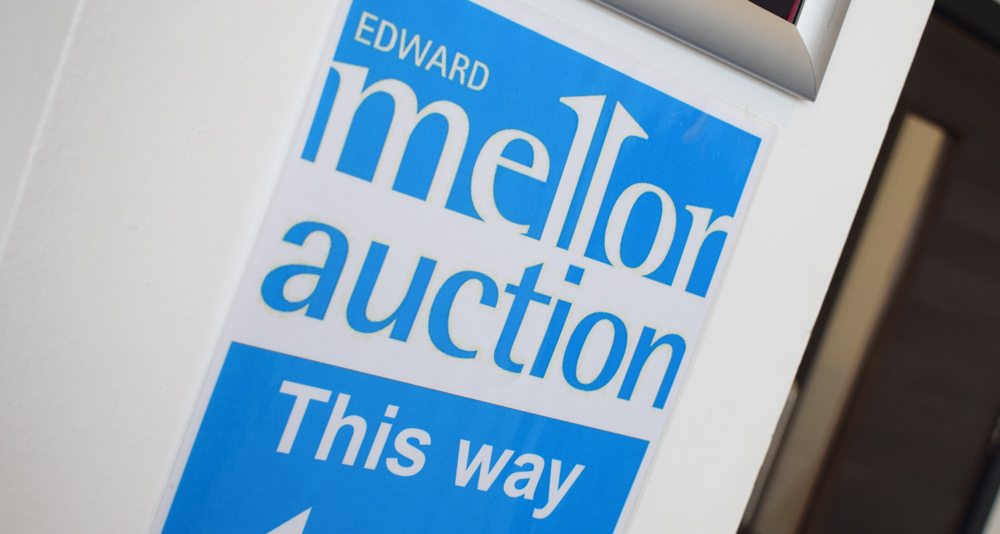
It can sometimes be confusing when considering to buy or sell at auction to get your head around the various Jargon or terms thrown about within the industry. Luckily we’re here to help. Below we define some of the most required terms used within the world of property auctions. If you need more information about buying or selling at auction you can contact our team directly on 0161 443 4740.
The date by which the sale scheduled to be finalised.
An amendment to the originally published information regarding the details of a specific lot. At Edward Mellor, we have a dedicated amendments sheet which we update with changes as they take place. When considering purchasing at auction it’s best to consistently check the amendments document as to be aware of potential changes to interested lots.
You can view the latest amendments document here.
Arrears of rent and other sums due under the tenancies and still outstanding on the actual completion date.
The individual who conducts the auctions by accepting bids and declaring properties that sell or don’t. Here at Edward Mellor out auctioneer is Nick Green.
The catalogue provides information on the properties and includes guide prices, details on how to view each property and the general conditions of sale. We release our catalogues online weeks before the auction. You can subscribe to our auction alerts and we’ll email you a pdf copy as soon as it becomes available online.
The date by which the sale scheduled to be finalised.
One of the auction conduct conditions or sales conditions.
Documents of the title (including, if the title is registered, the entries on the register and the title plan) and other documents listed or referred to in the special conditions relating to the lot.
The Guide Price is an indication of the sellers minimum acceptable price at auction at the time of entering the property into an auction.
A small mallet. Used in auctions to indicate the sale of a property and end of bidding.
Properties going under the hammer at auction are referred to as a lot. Lots are expressed as numbers.
Arrears due under any of the tenancies that are not “new tenancies” as defined by the Landlord and Tenant (Covenants) Act 1995.
The Reserve Price is the seller’s minimum acceptable price at auction and the figure below which the auctioneer cannot sell. The Reserve Price is normally agreed between the auctioneer and the seller within approx. 48 hours prior to the auction. The Reserve Price is not disclosed prior to the auction and remains confidential between the seller and the auctioneer. Both the Guide Price and the Reserve Price can be subject to change up to and including the day of the auction.
The person selling the lot. If two or more are jointly the seller their obligations can be enforced against them jointly or against each of them separately.
Those of the sale conditions so headed that relate to the lot.
Tenancies, leases, licences to occupy and agreements for lease and any documents varying or supplemental to them.
The tenancy schedule (if any) forming part of the special conditions.
Transfer includes a conveyance or assignment (and “to transfer” includes “to convey” or “to assign”).
The Transfer of Undertakings (Protection of Employment) Regulations 2006.
Value Added Tax or other tax of a similar nature.
An option to tax.